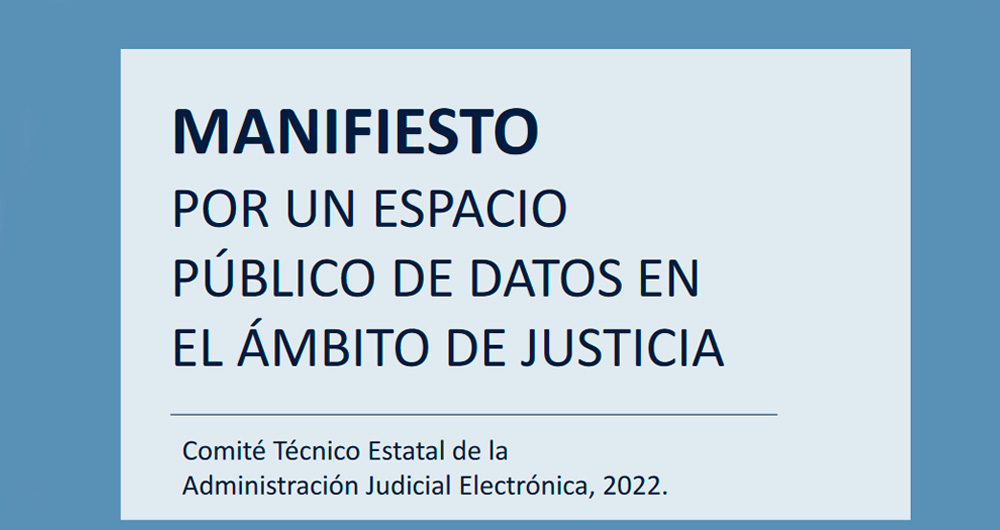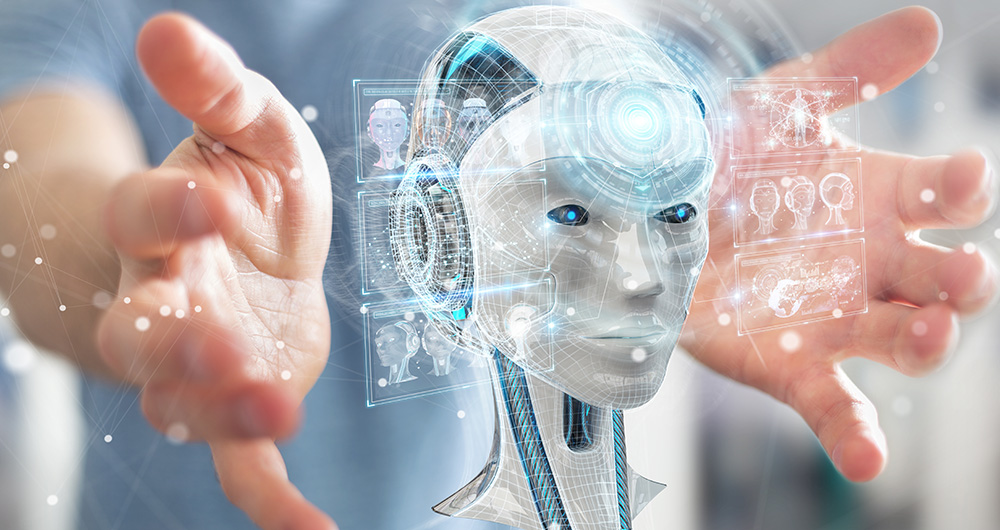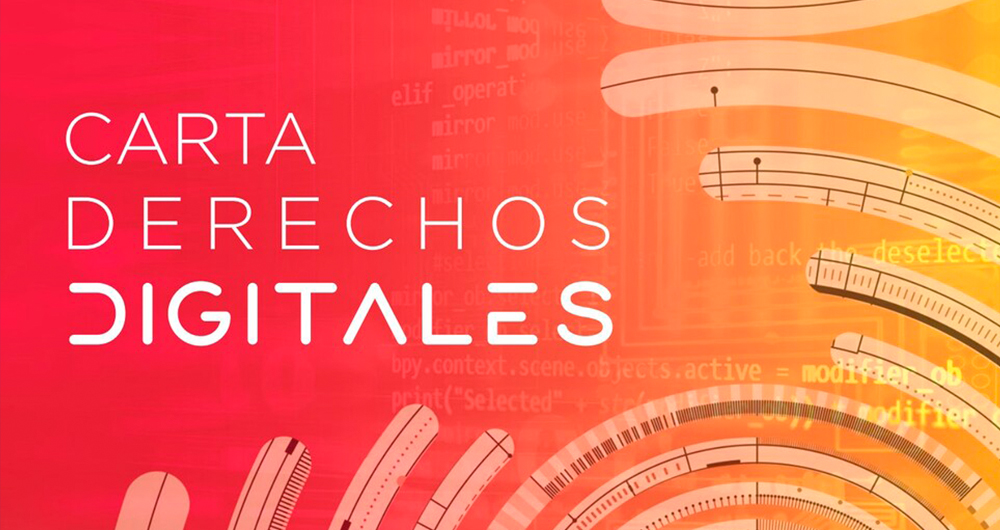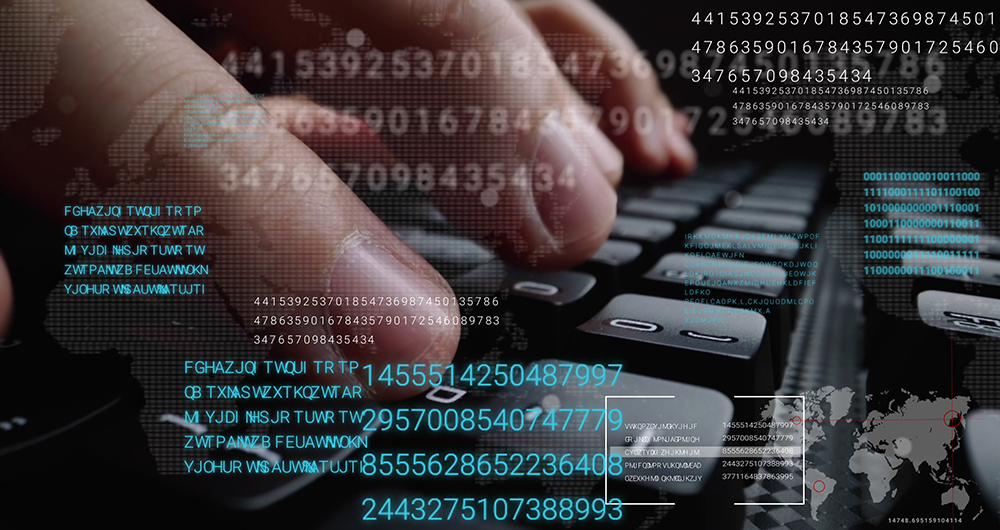11 posts found
Data and digital transformation in the justice system
The Manifesto for a public data space has recently been published. The document raises the need to reinforce the importance of data in the current digital transformation process in this area. The document has been drawn up within the State Technical Committee of the Electronic Judicial Administratio…
Improving efficiency in the legal sector: LegalTech and data analytics
Digital transformation affects all sectors, from agriculture to tourism and education. Among its objectives is the optimization of processes, the improvement of the customer experience and even the promotion of new business models.
The legal sector is no exception, which is why in recent years…
Validation of the Royal Decree-Law on reuse of public sector information and open data
Why a Royal Decree-Law?
In the plenary session of the Congress of Deputies held on December 2, 2021, Royal Decree-Law 24/2021, of November 2, on the transposition of several European Union directives, including Directive (EU) 2019/1024 of the European Parliament and of the Council, of June 20, 2019,…
The latest news in natural language processing: summaries of classic works in just a few hundred words
Artificial intelligence is increasingly present in our lives. However, its presence is increasingly subtle and unnoticed. As a technology matures and permeates society, it becomes more and more transparent, until it becomes completely naturalized. Artificial intelligence is rapidly going down this p…
The data in the Digital Charter of Rights
Just a few days ago has been officially presented the Digital Charter of Rights. It is an initiative that has had a wide representation of civil society since, on the one hand, a wide and diverse work team has been in charge of its drafting and, on the other, during the procedure of its prepara…
Citizen science and open data to help society
Some time ago we talked about the power of citizen science to generate open data. As we explained then, citizen science initiatives seek to encourage citizens to contribute to various scientific activities and research through their efforts, knowledge, tools and resources.
The participatory n…
Open data: the great allies to eradicate inequality
Is it possible to find in the data the necessary help to solve the real problems that our society faces? While it is true that data alone cannot be transformed into food for the most disadvantaged, nor can it make weapons disappear in conflict zones or inequalities in the world, they are very useful…
GPT-3. Just another step in natural language processing?
Can you imagine an AI capable of writing songs, novels, press releases, interviews, essays, technical manuals, programming code, prescribing medication and much more that we don't know yet? Watching GPT-3 in action doesn't seem like we're very far away.
In our latest report on natural language proce…
Creative Commons licenses and general conditions for the reuse of public sector information in Spain
In the more traditional conception of the right of access and transparency of public sector entities, obtaining information requires, in advance, the processing of an administrative procedure that ends with the corresponding resolution by which the requested information is granted or denied. However…
How open data can help in the refugee crisis
According to the United Nations Agency for Refugees (UNHCR), we are currently witnessing the highest levels of displacement of people registered in recent history. In 2019, it is estimated that more than 70 million people have been forced to leave their homes, including 25.9 million legal refugees,…









